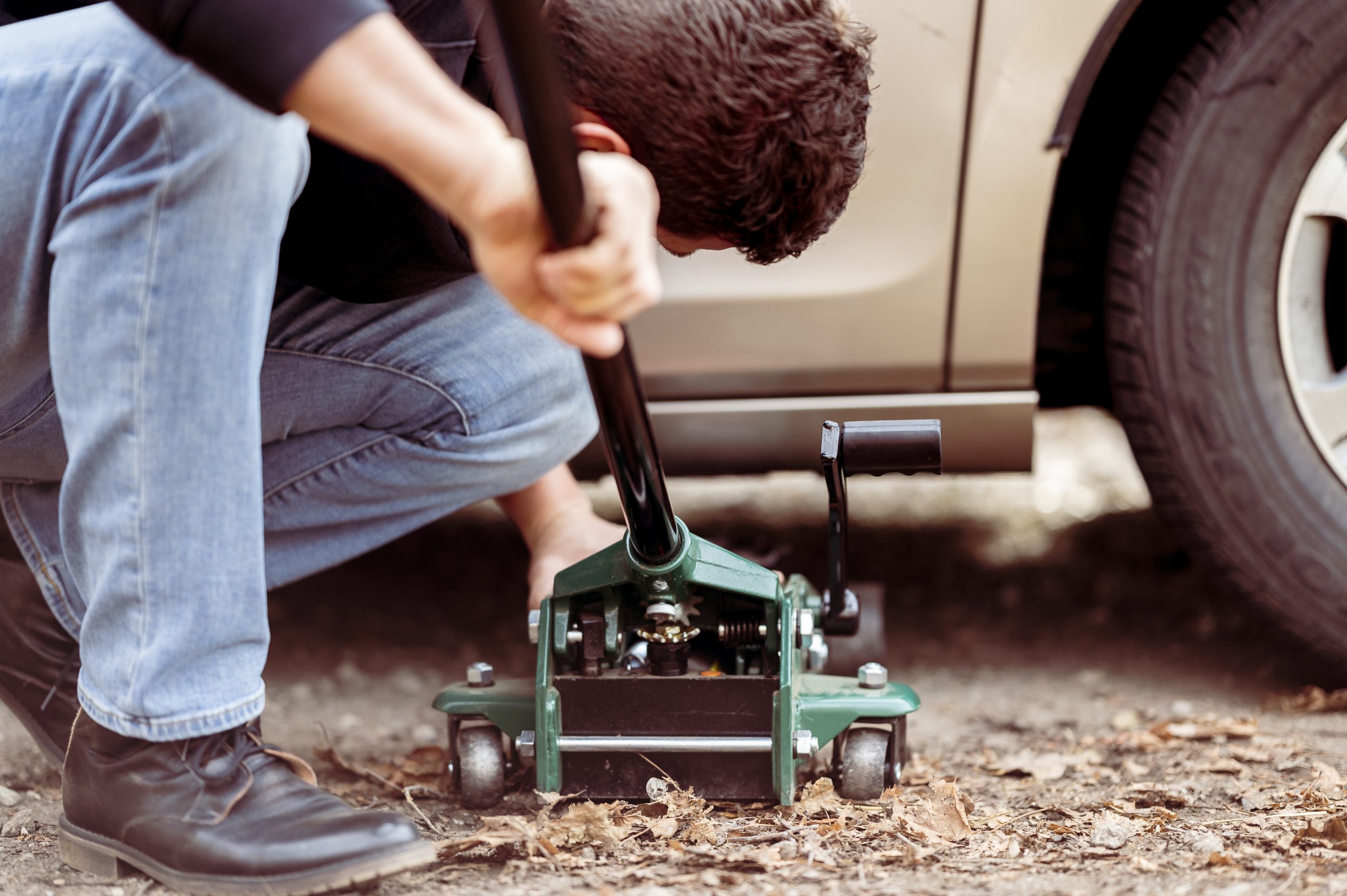If you’ve ever stood in the back of your truck staring at that big empty bed, wondering whether a fifth wheel hitch or a gooseneck hitch makes more sense, you’re in good company. Truck owners argue about this all the time: one side swears by the comfort of a fifth wheel trailer hitch, the other praises the brute strength of a gooseneck trailer hitch.

Here’s the thing — both hitches are excellent. They’re just built for different jobs. RV travelers chasing smooth highway miles want something very different from ranchers hauling cattle down gravel roads. In this guide, we’ll cut through the jargon, compare gooseneck vs fifth wheel hitch setups, and help you figure out which one actually fits your life.
A fifth wheel hitch is mounted in the bed of your truck and connects to the trailer with a kingpin and locking jaws. If you’ve seen large RVs gliding smoothly down the highway, chances are they’re hitched with this system.
Think of a fifth wheel tow hitch as the Cadillac of towing comfort. It’s built for long-distance rides where reducing sway and jolts really matters.
The gooseneck hitch also lives in the bed of your truck, but instead of a kingpin, it uses a ball hitch—similar to a bumper pull, just stronger and positioned in the middle of the bed.
If you’re the type hauling steel beams, livestock, or machinery, a gooseneck hitch is the workhorse you need.
Here’s how they stack up when compared head-to-head:
| Feature | Fifth Wheel Hitch | Gooseneck Hitch |
| Connection | Kingpin with jaws | Ball hitch |
| Ride Quality | Smooth, RV-friendly | Rougher, more utilitarian |
| Towing Capacity | Strong, but capped lower | Extremely high (30,000+ lbs possible) |
| Truck Bed Space | Takes up more room | Compact ball leaves space |
| Best For | RV owners, long-distance travel | Farmers, contractors, heavy hauls |
So when it comes to gooseneck hitch vs fifth wheel hitch, the real question is: are you hauling people and comfort, or hauling pounds and profit?
Pros:
Cons:
Pros:
Cons:
What if you own both types of trailers? Enter the gooseneck 5th wheel hitch adapter. It lets you tow a fifth wheel trailer with your gooseneck ball.
These adapters are a great backup plan if you occasionally switch between campers and equipment trailers. Just remember—they can put extra stress on your trailer frame, so they’re best for occasional use, not your everyday setup.
Here’s a simple way to think about it:
At the end of the day, this isn’t about which hitch is “better”—it’s about which one fits your lifestyle.
At the end of the day, the whole gooseneck hitch vs fifth wheel hitch debate isn’t about which one is “better.” It’s about matching the hitch to the work you actually do. When your weekends are about camping trips and long highway drives, a fifth wheel tow hitch makes the ride feel steadier and less tiring. But if the bulk of your week is spent moving horses, hauling building materials, or pulling heavy gear, a gooseneck setup—whether straight or with a 5th wheel adapter—ends up being the practical choice.

Think of it this way: the fifth wheel is like a touring bike — built for comfort on long rides. The gooseneck is more like a workhorse pickup — it might be rougher, but it never quits. Choose the one that fits your road, not somebody else’s.
Not always. A gooseneck hitch is stronger, but a fifth wheel tow hitch is more comfortable for RVs.
Yes, with a gooseneck 5th wheel hitch adapter, though it’s best for occasional use.
A gooseneck hitch is usually simpler, but both benefit from professional installation.
Some lightweight fifth wheels are marketed for half-tons, but in real life, most half-ton trucks aren’t cut out for it. Always check your manual before dropping money on a fifth wheel trailer hitch.
Almost always fifth wheels. Ask around at a campground and you’ll hear the same thing: smoother ride, easier turns, and less white-knuckle driving. That’s why most RVers stick with a fifth wheel tow hitch setup.
Discount Applied Successfully!
Your savings have been added to the cart.